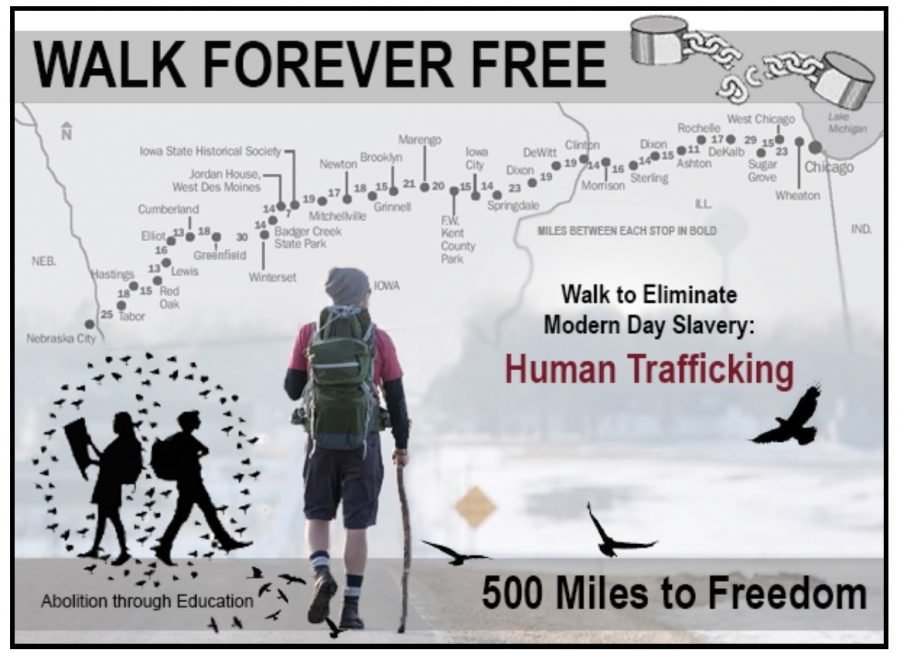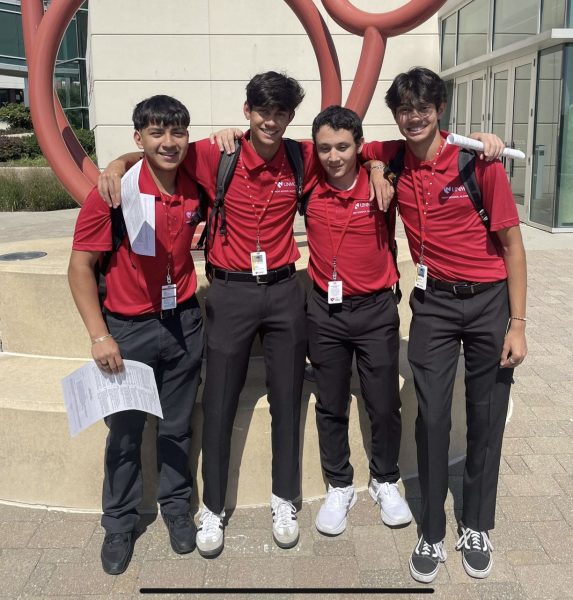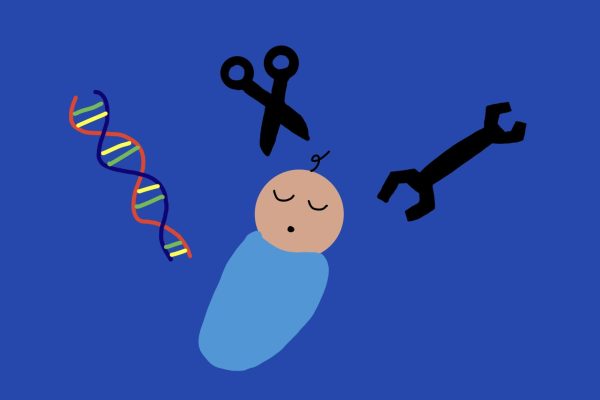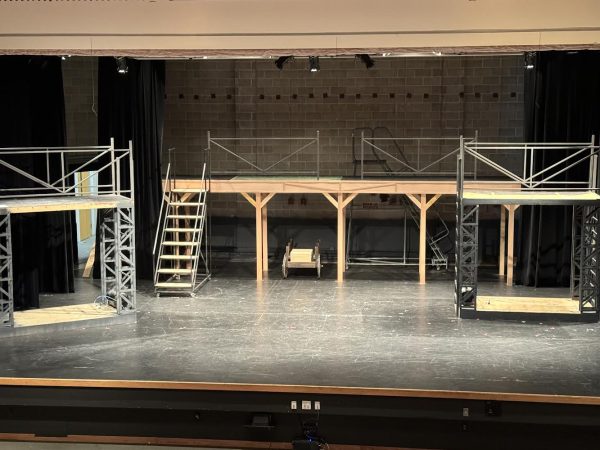History Teacher Barry Jurgensen Walked 527 Miles To Raise Awareness For Human Trafficking
Barry Jurgensen, the new US History teacher, began his journey from Nebraska City to Chicago on foot in June of 2016. Jurgensen was following the path of two young slave women, Eliza and Celia, took in 1858 to escape from their owner. Jurgensen was using the walk as a way to bring awareness for modern day slavery and human trafficking.
“I was using history to bring awareness of a modern day social injustice,“ Jurgensen said. “So a lot of people look at slavery in our country and they think ‘Yeah it ended with the thirteenth amendment’, but it’s just continued.”
When Jurgensen worked at Arlington High School he started a program with his students that researched the Underground Railroad. Over nine years his group discovered people of three different races (African American, Native American, and Caucasian) that helped slaves gain freedom.
“It’s kind of hard to spend nine years researching those stories and not be inspired to do something about a social injustice today, because that’s exactly what they did in the nineteenth century is they stood up for what they believed in, they fought a social injustice.”
So he began to plan his journey. Jurgensen said that they had mapped the route out so he had somewhere to sleep every night. He even brought a tent because he was going to camp most of the time. Along the way people invited him to stay at their house for the night. Jurgensen also said that students and other people joined him along the way.
“My wife walked with me for a week, it became more of a community thing every place I stopped, so everybody took care of me more and more.”
Jurgensen said one of his favorite stories from his walk was in Illinois. He didn’t have a vehicle once he got to Illinois so he was carrying his thirty pound pack wherever he walked. He went to a park where he was supposed to meet someone who would take him to where he was staying that night. There was a family at the park having an event who invited Jurgensen over to have lunch with them.
“I go over there, I put my pack down, they get me a plate and they just start filling it, like they didn’t even ask questions, like I was just a regular person, and like I was part of their family it was pretty crazy,” Jurgensen said. “They invited me over and they filled my belly up and I ended up sitting there for two hours talking to them and really got to know them.”
The next day when Jurgensen was walking, a man he met the day before, stopped him and told him that his mom used to live in the house they were standing in front of, she had died of cancer and that day was the anniversary of her death. The man explained that when his mom was sick, she had tried to give her son money, but he would never take it. One day she gave him a one hundred dollar bill, and he tried to say refuse it, when she told him “This isn’t for you, this is for somebody, and you’ll know when to use it.”
“He started crying and he said ‘I still have that one hundred dollar bill’ and held it out and he gave it to me. He goes, ‘My mom would want you to have this, and now it’s your turn to figure out where it goes.’ “
Jurgensen said that he might do something like this again, but it will most likely be something shorter so his family can also participate He said that students can help by creating awareness, learning how to identify someone who is being trafficked, and realizing that they can do something and make a change.
There are several groups within Omaha and Lincoln. Such as The Set Me Free Project, I’ve Got a Name, Tiny Hands, and many more that work to battle human trafficking.
Your donation will support the student journalists of Omaha Westside High School. Your contribution will allow us to purchase equipment and cover our annual website hosting costs.

Hi my name is Audrey Egbert! I am a staff writer for Westside Wired this year. I am currently a junior and this is my second year on Wired. If you have...












